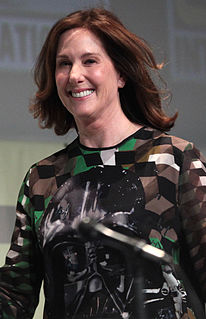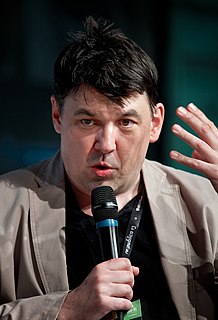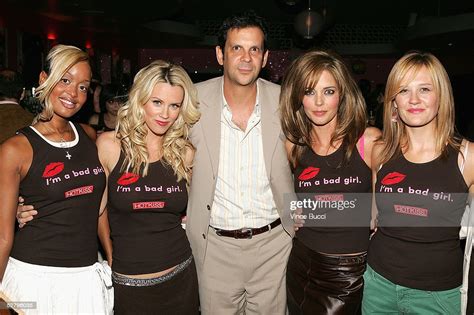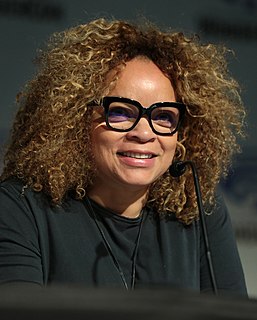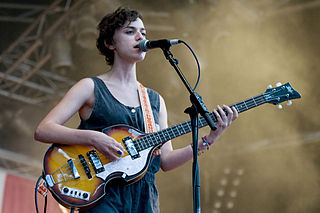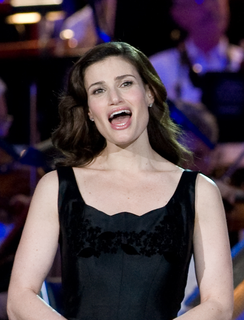A Quote by Kathleen Kennedy
The producer, in effect, has to work as a translator. You form a very tight relationship with the director and writer from the beginning, and then you are constantly communicating to the various people that begin to come into the process, as you are trying to manage to hold on to a vision that needs to be communicated over a long period of time.
Related Quotes
The most common way people could do time-travel would be a form of meditation in which you don't get caught up in your thoughts and don't make patterns of logical consequences follow as a result of your thinking process. It's very hard for most of us to do that if we think about it. But if you start to watch the process by which things come into being, and you begin to witness from the point of view of watching the words form, then you're beginning to move into the non-temporal mindset, or that which is free of time.
The translator has to be a good writer. The translator has to hear music too. And it might not be exactly your music because the translator needs to translate the music. And so, that is what you are hoping for: a translator who gets what you are doing but who also gets all the ways in which it won't work in the new language.
I think I'm an extremely conscientious producer and now equally as a director and it gives me the opportunity to look at the entire movie and really allow the movie to be the creative vision of the actors, the writer and myself, because I'm in charge of it from a producer and a director point of view.
I begin with understanding the intentions of the story. That helps me to zero in. Then I gather research for each individual character and analyze the time period with comparisons to the figure and the facial structure. It helps to be comfortable with computers because the massive amount of research is kept electronically and shared with my staff this way. Very little is printed out. I work with an illustrator to come up with the proper silhouettes and details of the clothing from the time period to time period. And on and on.
The producer can put something together, package it, oversee it, give input. I'm the kind of producer that likes to take a back seat and let the director run with it. If he needs me, I'm there for him. As a director, I like to have the producer there with me. As a producer, I don't want to be there because I happen to be a director first and foremost, I don't want to "that guy."
This is, if not a lifetime process, it's awfully close to it. The writer broadens, becomes deeper, becomes more observant, becomes more tempered, becomes much wiser over a period time passing. It is not something that is injected into him by a needle. It is not something that comes on a wave of flashing, explosive light one night and say, 'Huzzah! Eureka! I've got it!' and then proceeds to write the great American novel in eleven days. It doesn't work that way. It's a long, tedious, tough, frustrating process, but never, ever be put aside by the fact that it's hard.
And so as a director, as a leader, and myself as a director and a leader, I kind of try to make sure that we hold onto the vision and kind of corral it, but by the time you finish whatever the project is, a TV show, a series, a movie, a stage show, it should be a product of what all those people can do, and therefore, it can never be what you imagined it would be in the beginning.
I'm constantly trying to work on the person that I am and work on my shortcomings, and I guess I want people to know that it's ok to be a work in progress, as long as you keep trying to figure it out. But that search and that discovery is what makes life kind of rich, and it's what makes life rich... period.
